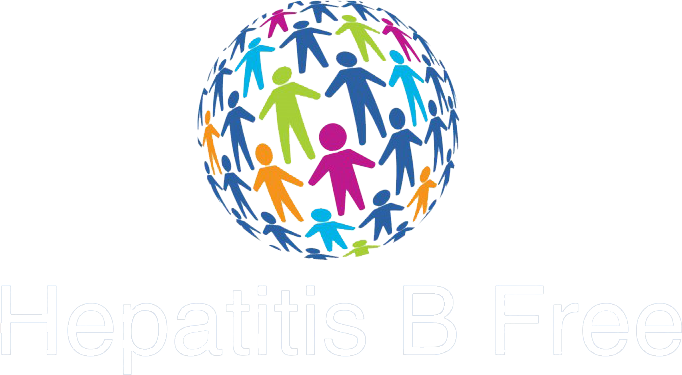Papua New Guinea – Solar Lights
In January 2013, the first Hepatitis B Free medical team travelled to the remote Barai tribe in Papua New Guinea. There, doctors Alice Lee and Liz Walsh and nurses Sue Huntley, Mel Kermeen and Jodee Wise partnered with local community health care workers to work towards improved health care services for the surrounding villages. These included Itokama, Tahama, Kokoro and Gajot, with a population of around 5000 people. For seven days, the team ran health clinics in various clinics where around 3000 people were vaccinated against diseases such as Hepatitis B.
The villages, situated in the heart of dense rainforest, have no running water or electricity. The villages around Itokama where the team held their clinics has no running water and no electricity. Travel is difficult after the sun sets, as there is little visibility in the almost complete darkness.
Many preparations were taken before the trip. One of the steps taken was the purchasing of hand-held solar lights. They are charged completely by sunlight and have an operating life of over a year. After using the lights for clinics, the team left them behind to be distributed to people in the community.
Each solar light costs less than $10AUD, and were sourced from Kokoda Track Foundation. Donations were made by individuals to support the cause, including those from an earlier Trivia Night fundraiser held in 2013.
Sustainable technology such as simple solar cells are vital to improving the everyday lives of communities like the Barai tribe.
-Hepatitis B Free team
